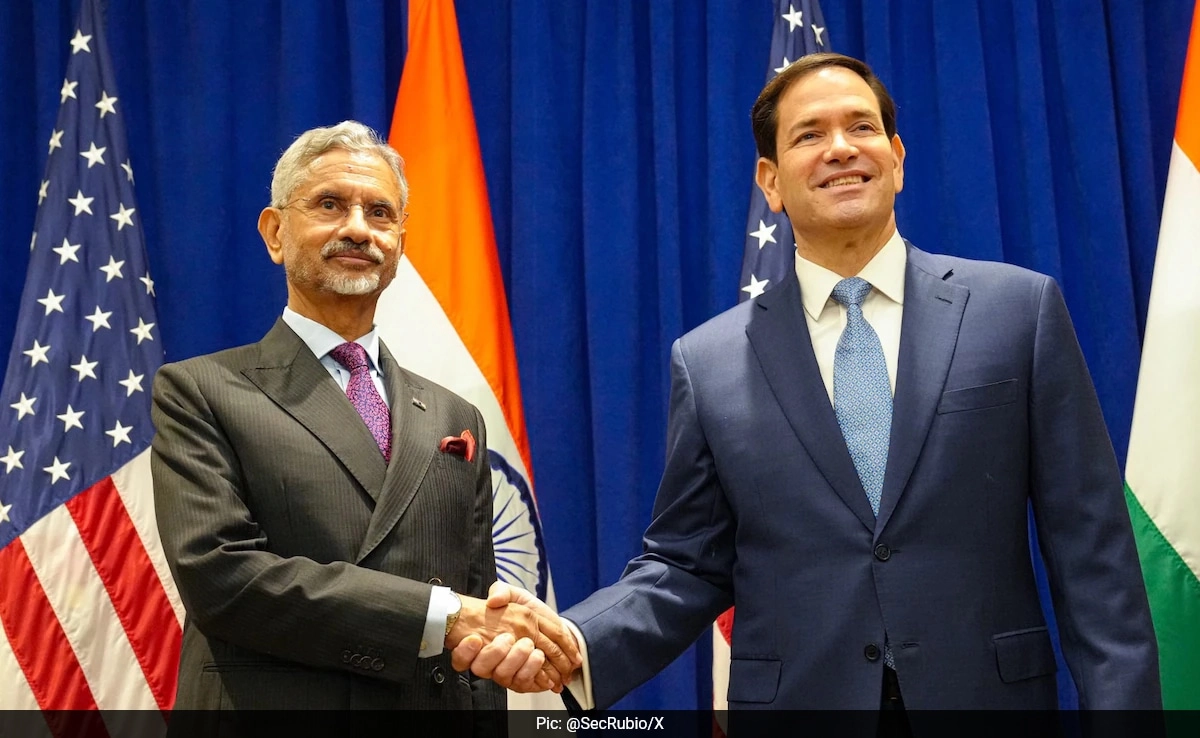In the context of escalating trade tensions between the United States and India, U.S. Senator Marco Rubio has emphasized the critical importance of the bilateral ties between the two nations. During a recent meeting with Indian External Affairs Minister S. Jaishankar, Rubio addressed the ongoing tariff disputes that have emerged as a point of contention. The senator underscored the significance of maintaining a strong partnership with India, particularly as both countries navigate complex geopolitical landscapes and seek to promote economic collaboration.
Rubio’s remarks highlight the broader implications of U.S.-India relations, particularly in light of India’s strategic position in the Indo-Pacific region. The senator’s acknowledgment of the challenges posed by tariff issues reflects a desire to prioritize diplomacy and dialogue over confrontation. Both countries have much to gain from a robust relationship, including enhanced trade, investment opportunities, and collaborative efforts in areas such as technology and defense. By fostering a cooperative environment, Rubio believes that the U.S. and India can work together to address mutual concerns and counterbalance the influence of other global powers.
The meeting between Rubio and Jaishankar is significant not only for its immediate focus on trade but also for its potential to strengthen the broader geopolitical alliance. As the U.S. seeks to reinforce its partnerships in Asia, India emerges as a key ally in promoting stability and prosperity in the region. The senator’s commitment to nurturing these ties reflects a recognition that economic alliances are intricately linked to national security interests. By resolving tariff disputes and enhancing trade relations, both nations can better position themselves to face shared challenges in an increasingly interconnected world.
Ultimately, the dialogue between U.S. lawmakers and Indian officials, such as S. Jaishankar, plays a crucial role in shaping the future of U.S.-India relations. As they confront the complexities of global trade and political dynamics, it is imperative that both countries remain focused on collaboration rather than conflict. The ongoing discussions indicate a willingness to find common ground, demonstrating that despite current challenges, the foundation for a strong and mutually beneficial partnership remains intact. In this context, Rubio’s meeting with Jaishankar serves as a reminder of the enduring importance of diplomacy in fostering international relations.




